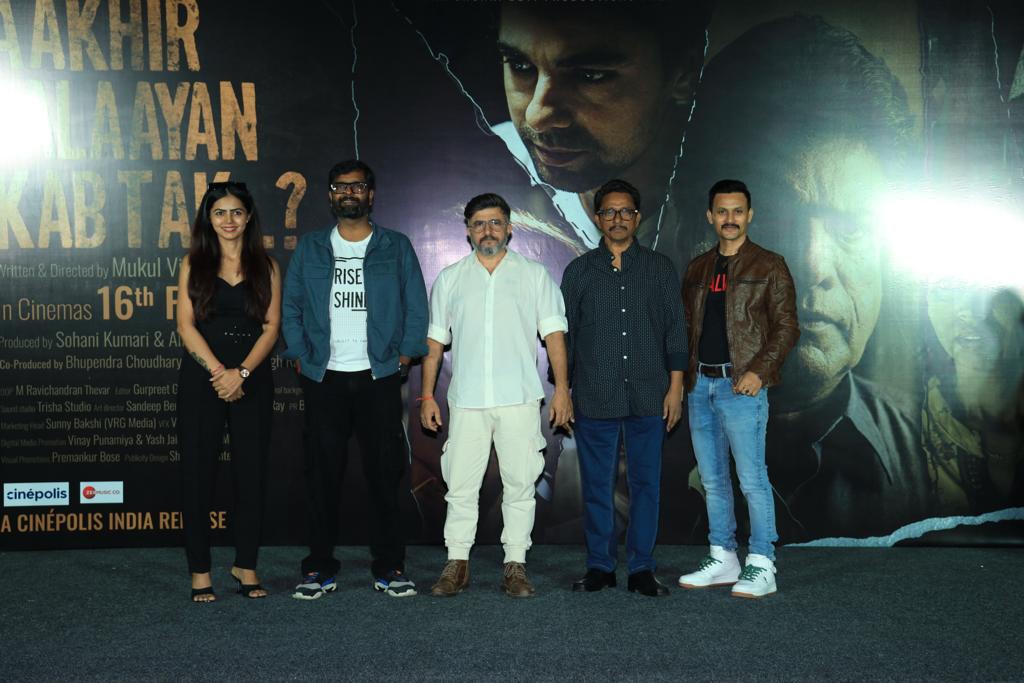New Delhi[India], February 7: The trailer for the murder mystery film has just dropped. It is directed and written by Mukul Vikram and produced by Sohani Kumari and Alka Choudhary. The director says that Aakhir Palaayan Kab Tak is a story based on the deliberate targeting of Hindus by Muslims. It is a masterpiece on how a Muslim board targets Hindus by capturing their land.
The film stars Rajesh Sharma, Bhushan Pattiyal, Gaurav Sharma, Chittaranjan Giri, Dheerendra Dwivedi, and Sohani Kumari.
It is a film about how a Muslim board targets Hindus by capturing their land.
Rajesh Sharma finds himself playing the lead role, perhaps a first in his career. Sharma’s character plays a victim whose property is likely to be snatched away by the Waqf Board.
Though, too, early, the trailer doesn’t suggest of great production values, but at least the makers have drawn one’s attention to a contentious issue, which the country at large is oblivious too.
A dive into history suggests that. the Waqf Act was passed in the Indian Parliament in 1954, keeping in line with the secular aspect of Indian Constitution. The idea behind this Act was to look after the minority interests wherein land be alloted to the Waqf Board for charity , building mosques. However, an amendment in 1995, has supposedly given unfair powers to the Waqf Board to lay claim over any land. A dispute with Waqf over a piece of land can only be addressed by a Waqf tribunal. Their order cannot be challenged even by the Supreme Court of India.
Director Mukul Vikram put it as, “Here the criminal, judge, jury, executioner is all the same”.
There are various instances across country wherein the Waqf is alleged to have grabbed land. Besides, in the past, certain governments have been accused of granting vast land to the Wafq.
We wonder this film, this issue will indirectly give boost to the Union Government’s desire to implement a Uniform Civil Code.
For now though one will wait to see whether this film has been objective in tackling the contentious issue.



